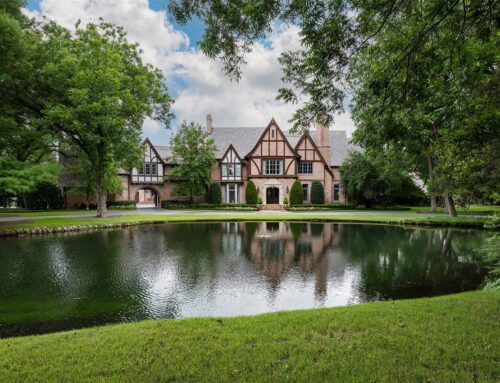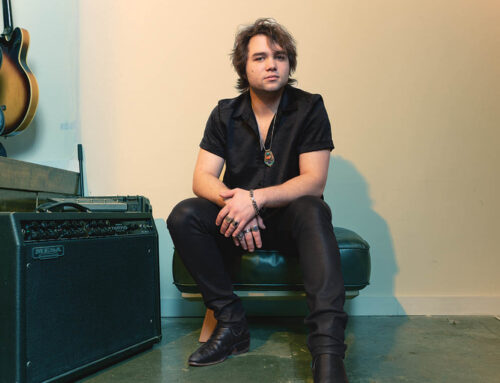The reform superintendent has skipped town.
The board of trustees can’t quit fighting.
Teachers and principals are exiting by the hundreds.
Despite all this, many parents are taking a second look at neighborhood schools — and for good reasons.
Magnet schools have reigned supreme in Dallas ISD for decades. Formed as equalizers in the days of desegregation, the schools have evolved into a great source of pride for the district. (How many years running has the Townview Talented and Gifted School been named one of the top high schools in the country by U.S. News and World Report?)
A funny thing happened, however, over the last year or so. The district still sent out its annual press release lauding the TAG school and its other magnets on the list of the nation’s best. But “choice school” has begun to supplant “magnet” in the DISD lexicon.
Choice schools are different, first of all, from “school choice,” which evokes a reference to “people who want to use my tax money so they can subsidize their kid’s education in the Radio Church of God,” writes Dallas Observer columnist Jim Schutze.
They’re also different from magnet schools in a slight but significant way: Choice schools don’t have academic entrance requirements. They may give students priority based on vicinity, but IQ, grades, talent, references and the like are not part of the application process.
So more than 40 years after its schools desegregated, it appears that Dallas is attempting to level the playing field once again.
Though choice schools were championed by recently resigned Superintendent Mike Miles, the concept didn’t initiate with him. It’s been practiced in Dallas ISD for years in fact. The idea is for a school to have some sort of unique offering that attracts students and their families, giving them a choice beyond the neighborhood school to which they are zoned.
[quote align=”right” color=”#000000 “]Choice schools are different from magnet schools in a slight but significant way: They don’t have academic entrance requirements.[/quote]This isn’t too different than the criteria already used for in-district transfers. Historically, parents could cite something a school offers — Withers Elementary’s dual language program, for example — as a reason their child should attend a more desirable school. It was a way to escape an unpopular campus. Conversely, the choice school movement propels families toward a school rather than away from one.Principals are beginning to refer to their schools as a “choice school.” Officially, Dallas ISD has designated only a handful of choice schools, including our neighborhood’s Marsh Preparatory Academy with its new personalized learning program. But Preston Hollow Elementary, with its International Baccalaureate curriculum, and Withers’ previously cited dual language program, have become other choices for neighborhood parents. Most students who attend these schools live within their boundaries, but if other parents like what they see, they can opt in as long as the schools have available seats.
Choice schools are Dallas ISD’s response to the city’s proliferation of private schools, the more recent emergence of charter schools and the underlying funding threat of “school choice” voucher legislation driven by people dissatisfied with public school options. Choice schools add more options to the mix, and the response — such as the many admission inquiries Marsh received when it announced its new learning approach — seem to confirm that options are what we want.
Never mind that Miles has skipped town. Principals have latched on, and parents too, are jumping on the choice school bandwagon. Interim Superintendent Michael Hinojosa, who held the job for six years before Miles assumed it, has vowed to continue the effort.
As if he had a choice.
- Choice schools’ are overtaking magnets in the Dallas ISD lexicon
- Wherefore art thou, Flamin’ Hot Cheetos?
- Pre-K is the answer, experts say — the question is, how?
- A new ‘one size fits one’ approach for Marsh Preparatory Academy
- Hillcrest, Franklin, Kramer and Preston Hollow schools on a path toward global dominance







